Workshop Insights: Urban Co-Production in Berlin
- Lorenza Manfredi
- Sep 2, 2025
- 4 min read
As part of the Fairville Project, the Berlin Lab is focusing on the Rathausblock under the theme of Planning and Housing Inequalities (spatial justice, urban renewal) and is organising a series of workshops where students (from the University of Regensburg, TU Berlin, and University of Biberach) collaborate with actors already active in the area and neighbours to better understand certain controversies and potentials of the co-production process around the Rathausblock.
During the first workshop, which took place from 30.05 to 01.06.2025, the students’ work followed three main activities: a walk, a hands-on exercise, and a public presentation of the reflections and outcomes developed over the course of the workshop. The students were based in the StadtWERKSTATT-FK, where they could use shared spaces alongside other events taking place during those days, such as exhibitions, guided tours, or table tennis meetings, preparing their meals in the shared kitchen and making use of the common areas for rest and informal encounters.


Walk on Commons & Hospitality
Organised by Licia Soldavini.
While the radical right is rising up with violence and impunity around the world, wars, socio-economic and ecological disasters are threatening our very survival. It seems impossible to imagine a logic other than that of the capitalist, patriarchal and neo-colonial system in which we are trapped.
But between the cracks of so much destruction, other worlds are emerging that challenge the dominance of capital and the state and reaffirm our interdependence and our capacity for cooperation. The commons can be read – not without contradictions – as an expression of this pluriverse.
The reappropriation of the commons and the expropriation of capital can be achieved through the communalisation of land, water and urban spaces, and through the creation of forms of reproduction based on self-management, collective work and decision-making. This is not futurology: we can already observe it in the spread of sharing practices, such as time banks, urban gardens and communal responsibility structures.
FLINTA* are at the forefront of these experiments, often motivated by the attempt to communise the reproductive work that takes place behind closed doors and by the need to defend the commons that enable the reproduction of life, for example by campaigning for the protection of air, water and soil. The projects in this map had been often initiated by FLINTA*, who are working in different ways to protect and share the city’s commons and to create new relationships among people and with other species.
Through these new worlds, we can glimpse the emergence of a different relationality that not only opposes social and economic injustice, but also reconnects us with nature, reinvents relationships between living beings and gives new meaning to humanity.
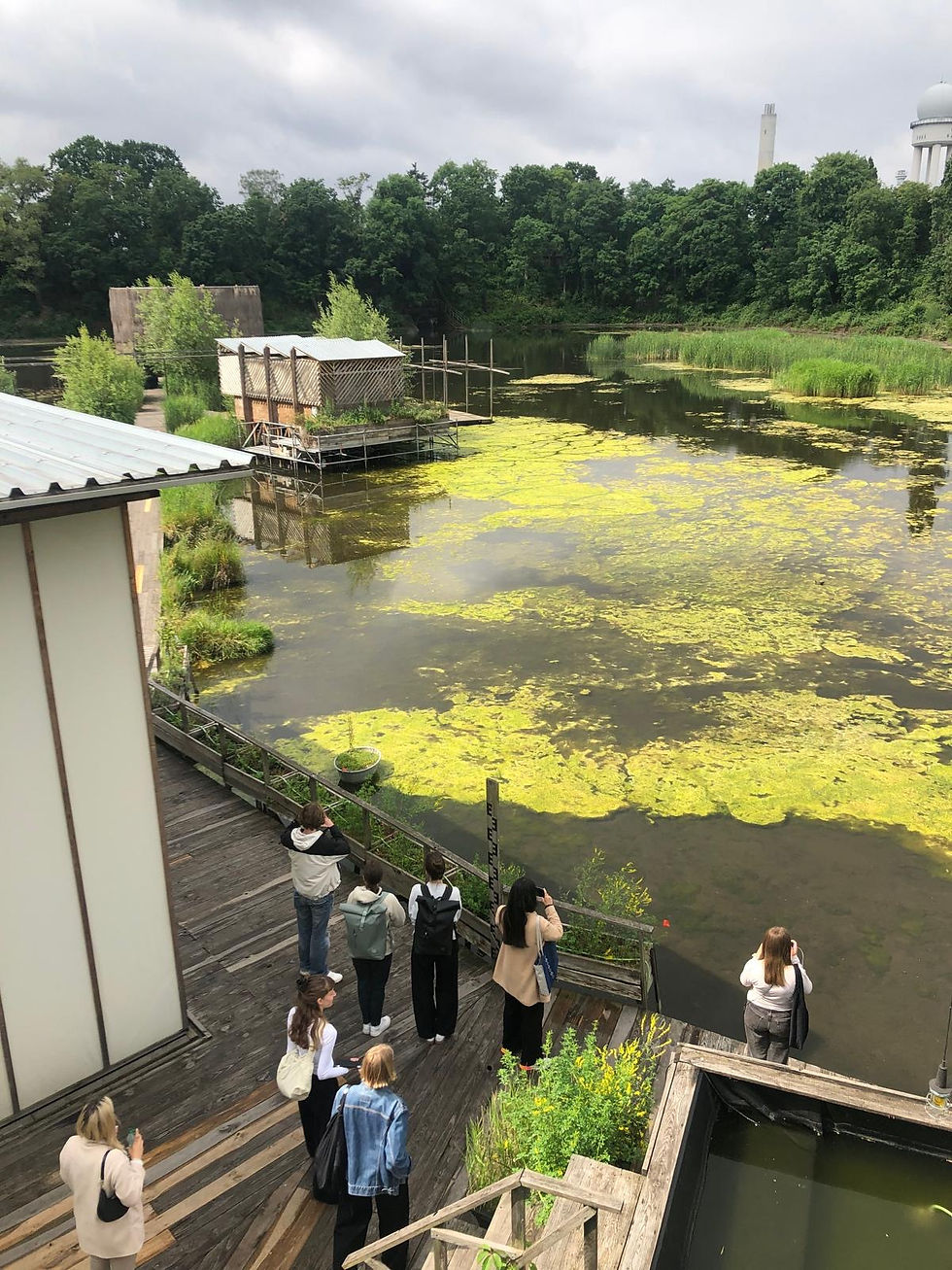

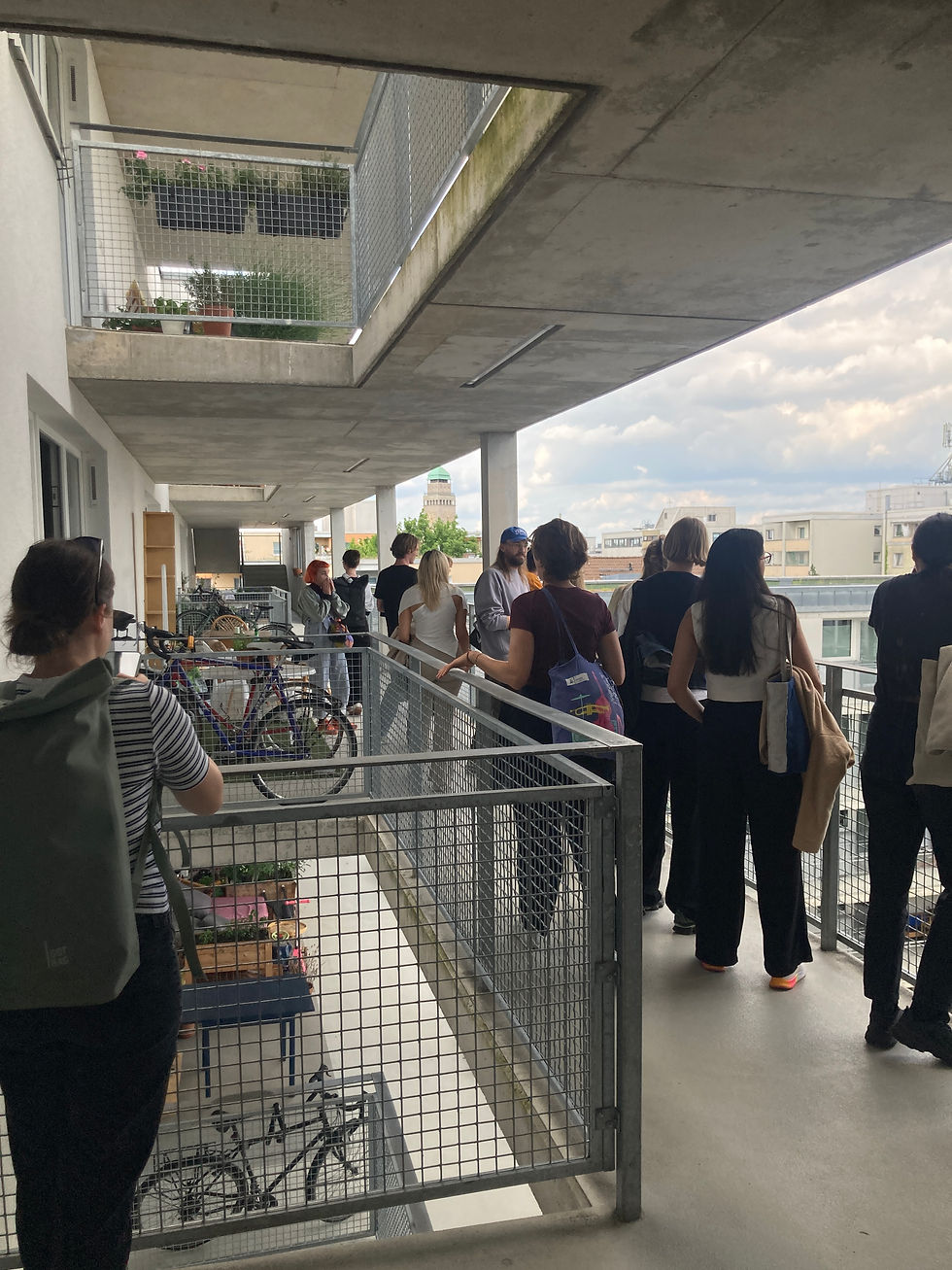
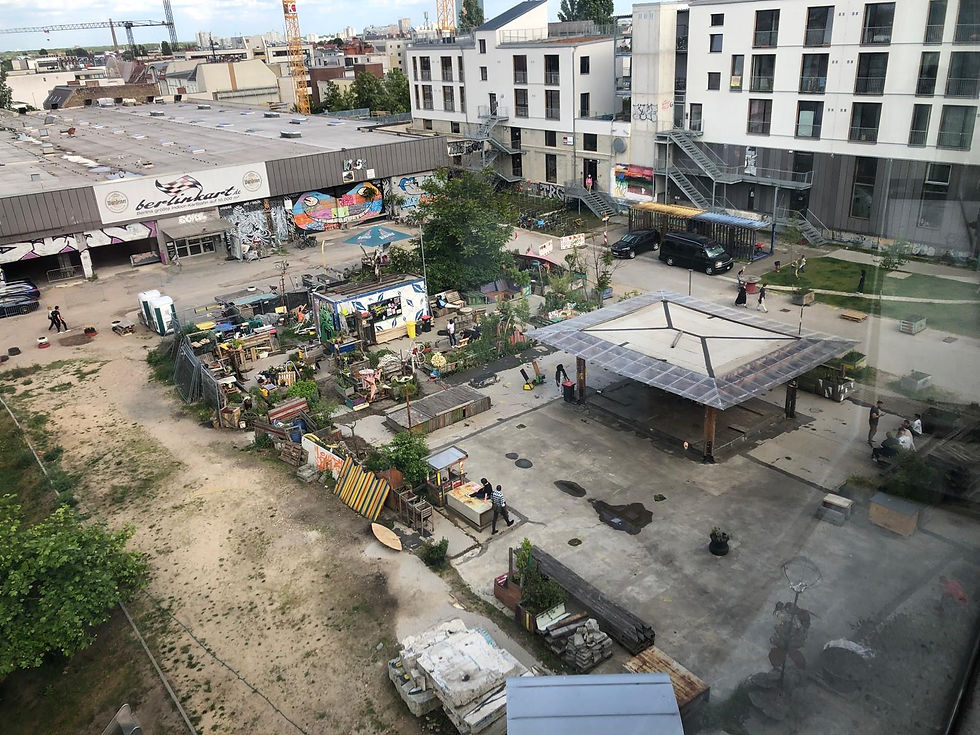
Excercise on surveys
The work on the surveys (the crossed-out word marks the intention to move from conventional surveys, towards other tools that serve as invitations to dialogue) was conceived as an exercise in which students were encouraged to engage directly, in first person, with individuals who are affected by—and potentially part of—an urban co-production project.
This meant stepping out of our own safe space and into direct exchange with the everyday realities of the neighbourhood. The challenge was to identify and apply techniques that would foster a welcoming atmosphere for mutual dialogue rather than merely extract information—while also being open to unexpected answers or divergent opinions.
At the same time, the exercise offered an opportunity to promote the Rathausblock project within the neighbourhood, while gathering first-hand insights into the relationships between the Rathausblock and its surrounding context. As can be seen in the students’ analyses, the experience revealed both unexpected and previously overlooked aspects of this relationship, while also occasionally confirming initial impressions of the project.
Since all participating students were new to the site and the topic, we based our work on a set of questions submitted in advance via email by associations and citizens already active on-site (including STERN, Zusammenstelle, and researchers). These questions served as an entry point to approach the topic and highlighted the variety of perspectives that emerge depending on where the questions originate. In some cases, spatial observation also played a key role—serving both as a complementary method and as a subject of investigation.
The dialogues generated immediate reflections once they ended—on the format, the process, and the content. These reflections were captured in the form of quick suggestions, intended as seeds for further development by active citizens. They also served as the foundation for the public discussion held on Sunday, with invited local experts and engaged residents.


Public Presentation and Discussion
During the public presentation, also promoted through flyers distributed in the neighbourhood, the students shared the reflections developed over the previous days, particularly those arising from exchanges with local residents through the survey exercise. In discussion with the invited guests – Dr. Mari Paz Agundez, Oskar Schmieg, and Enrico Schönberg – questions arose in particular about the need for greater inclusivity and visibility of the project within the neighbourhood. Is this something desired by the actors involved, or would a lower level of visibility actually be preferable to ensure the safety and manageability of ongoing activities? If it is a desire, which methods and tools could help achieve it? Does it also depend on the content of the activities offered? How to ensure greater inclusion of participants in the use of spaces and decision-making processes, while keeping participation dynamic so that it continuously engages with the evolving neighbourhood?
These initial reflections provide the starting point for the next workshop, which will take place from 11 to 13 February 2026.
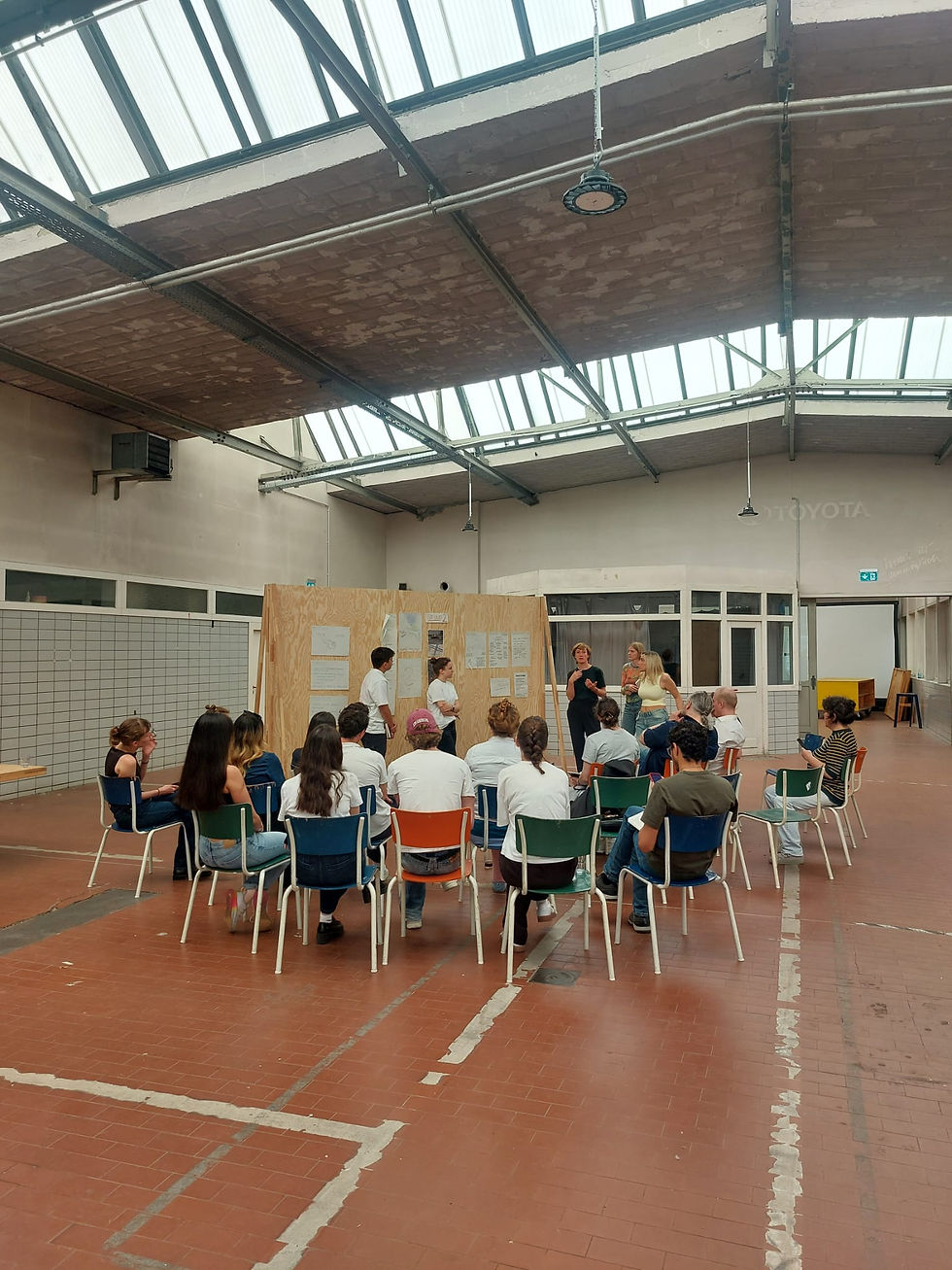

A full report is available to read at the following link

Comments